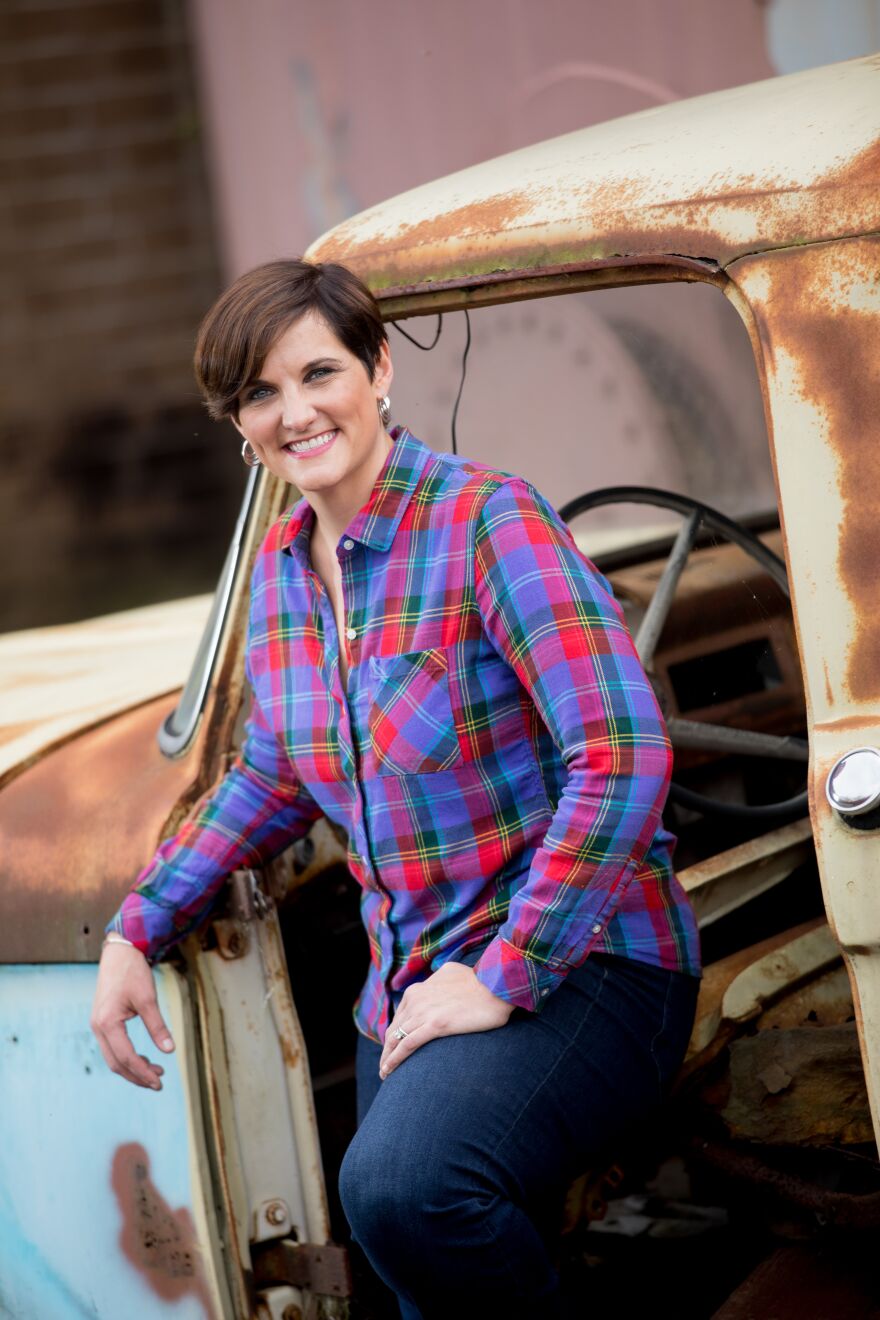In the late 1990s, so few students from Smoky Mountain High School in Sylva moved on to Ivy League colleges that even the school’s secretary seemed baffled to learn Annette Clapsaddle earned acceptance to one. That’s how Clapsaddle remembers it, after taking a phone call in the front office from her mom, telling her about the news.
“I got off the phone and the secretary looked at me and said ‘What was that about?’ and I told her and she said ‘Are you playing basketball there?’ and I said ‘No,’ and she was like ‘Oh,’ Clapsaddle recalled. “And that’s all she said, like, if you’re not playing sports, oh well.”
Clapsaddle found the stereotypes and low expectations carried over to New Haven, Conn., and the campus of Yale.
"A lot of people used to make comments like ‘You only got into Yale because you’re native and they’re filling a quota,’” Clapsaddle said. “I have a friend and mentor, Dawn Gilchrist, and I remember talking to her about this, and she said, it doesn’t matter how you got in, you graduated from Yale, and they didn’t give you that because you’re Native, right?”
Still, Clapsaddle can point to a stepladder of support leading to her first published novel, titled “Even As We Breathe.” To Clapsaddle’s knowledge, hers is the first published novel from a tribal member of the Eastern Band of Cherokee.
Malaprop’s Books in Asheville hosts a livestreamed book launch Sept. 8 and City Lights Books in Sylva is doing the same Sept. 10.
“Cold Mountain” author Charles Frazier was an early mentor and supporter, and a connection to the Oklahoma author Billie Letts, who died six years ago, showed Clapsaddle what was possible for Native American female authors. Grad school at William & Mary opened some doors, and the Great Smokies Writing Program and other writing workshops gave Clapsaddle a supportive community of aspiring writers—all of which, she said, is largely unknown to young members of her tribe. The novelist Silas House edited her book.
“We’re isolated and we just don’t have access to things like writers groups and workshops and things that are really part of the business in honing your craft and finding avenues for publication,” she said.

Clapsaddle lives in Cherokee with her husband and two school-age sons down the hill from the house where she grew up, just off the Qualla Boundary. Her desire to teach led her to write, and she found herself exploring Native themes through fiction.
“I want my readers to take away a human experience and be able to better connect to the issues I do think are important,” she said. “So if I can create a human experience that helps a reader better understand federal Indian policy, then I’m doing my job.”
“Even As We Breathe” is a coming-of-age story set at the Grove Park Inn, centered on a Cherokee teen boy, against the backdrop of World War II. Axis diplomats and their families are held at the resort as prisoners of war, and Clapsaddle uses that as a proxy to explore the racism, prejudice and questions of citizenship her own community have long experienced.
Clapsaddle has taught English and writing for 11 years at Swain County High School in Bryson City, and she returned to teach there after a short stint at the Cherokee Heritage Foundation. She has also written The Atlantic and other online publishers about the effects of Covid-19 on the Eastern Band of Cherokee.
“I am not the voice of the Eastern Band, but it’s really important for people to see people in their community be successful in a bigger arena because it makes it feel possible,” she said. “I can see in my students, when they know I went to Yale, that they now know it’s possible for people in our area to go to Ivy League schools.”




